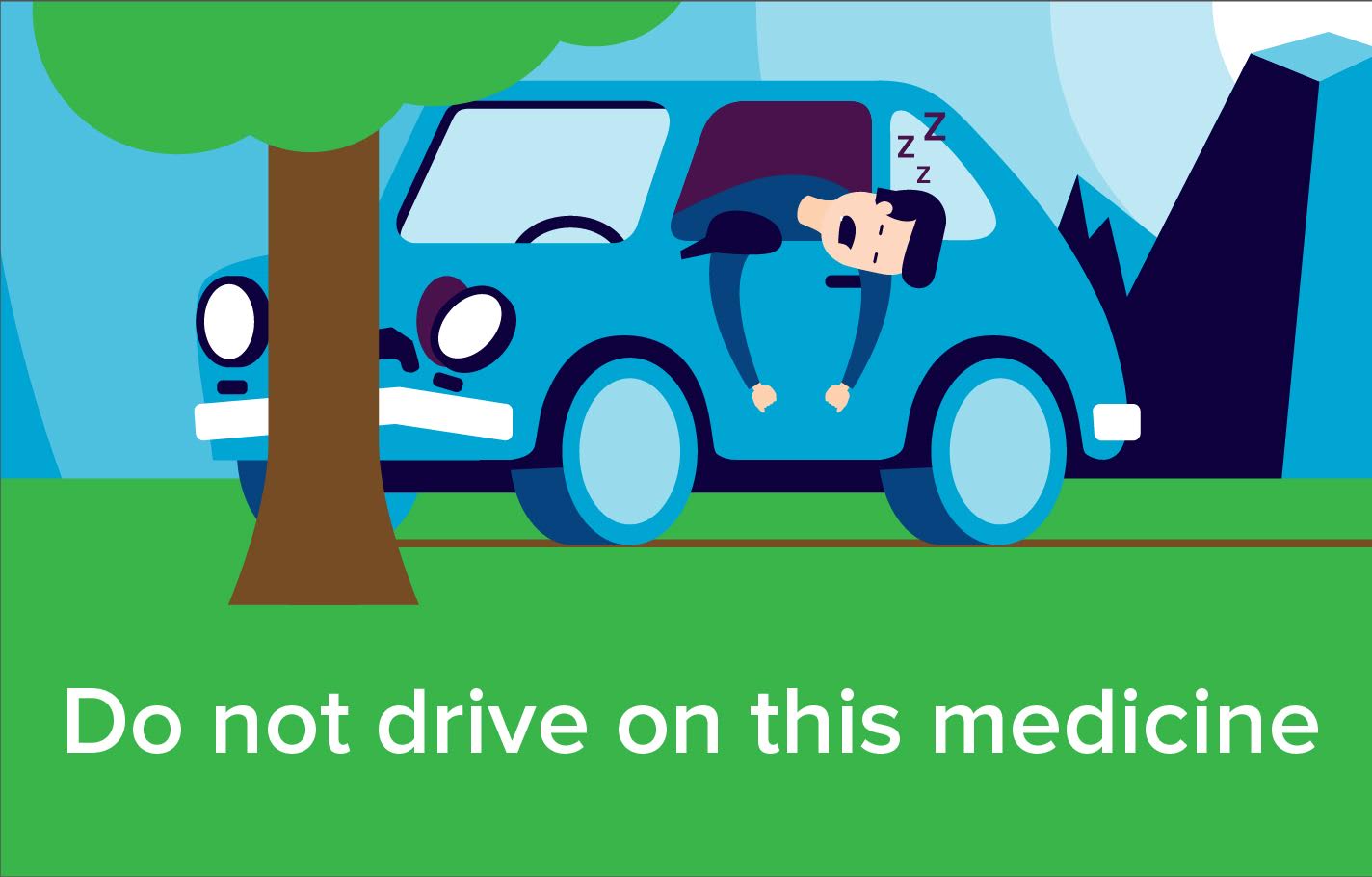Primarily, morphine is used to relieve severe pain, for example following surgery or a severe injury, or associated with cancer or a heart attack. It may also be used for other types of long-term (chronic) pain, when weaker painkillers no longer work.

What is morphine used for?
- Morphine has other uses in terminal illness, for example it may be used to reduce coughing in lung cancer, when the coughing serves no purpose and can become painful and frustrating. It may also be used to reduce breathlessness at rest and so make people more comfortable in palliative care.
How does morphine work?
- Morphine sulfate is a type of strong painkiller known as an opioid. Opioids work by mimicking the action of natural pain-reducing compounds called endorphins, which are produced in the brain and spinal cord.
- Morphine acts on the same opioid receptors as our natural endorphins. It stops pain signals being sent by the nerves to the brain.
Things you should know before taking morphine:
Morphine is a controlled drug and there are several rules that your doctor has to follow when writing a prescription for it. If your doctor hasn't done this correctly your pharmacist won't be allowed to dispense it - they're not just trying to be difficult!
Is morphine addictive?
- Yes, opioids are addictive when used recreationally. But in reality, if you're taking morphine to relieve pain it's highly unlikely that you will get addicted to it in the psychological sense, because you're not taking it to get a 'high'.
- If you need to take morphine for long periods of time your body can become tolerant to it, so it may get less effective and you may then need higher doses to control pain. With prolonged use it is possible to become dependent on morphine. However, this is not usually a problem when you stop taking it, because withdrawal symptoms can be avoided by reducing treatment gradually.
- It's important that you don't take a higher dose of morphine than prescribed by your doctor, or take it for longer than they recommend. When stopping treatment always follow your doctor's instructions.
Can I drink alcohol with morphine?
- Don't drink alcohol while taking morphine, as this will make you more likely to get side effects like drowsiness, dizziness, confusion and blurred vision. It may also increase the risk of serious side effects such as shallow breathing with a risk of stopping breathing, and loss of consciousness.
Can I drive while taking morphine?
- It may be an offence to drive while you are taking morphine. Do not drive if you think it affects your ability to drive safely, for example if it makes you feel sleepy, dizzy, unable to concentrate or make decisions, or if you have blurred or double vision.
- If you are driving dangerously while taking morphine you will be breaking the law. If you feel you are safe to drive while taking morphine, it's sensible to carry your prescription with you in case you are asked to take a saliva test by the police. If you test positive for morphine there is a medical defence if you are taking it as prescribed, as long as your driving is not impaired.
References:
http://www.netdoctor.co.uk/medicines/aches-and-pains/a26990/morphine-sulfate-uses-and-warnings/
http://www.medicines.org.uk/emc/medicine/1232/SPC/Sevredol+tablets+10mg,+20mg+and+50mg/
http://www.news-medical.net/drugs/Sevredol.aspx
https://www.drugs.com/uk/sevredol-tablets-10mg-leaflet.html

